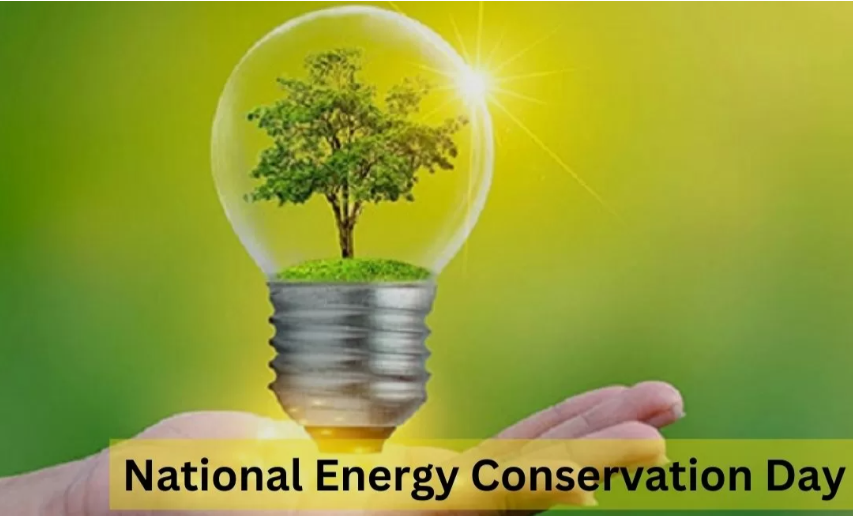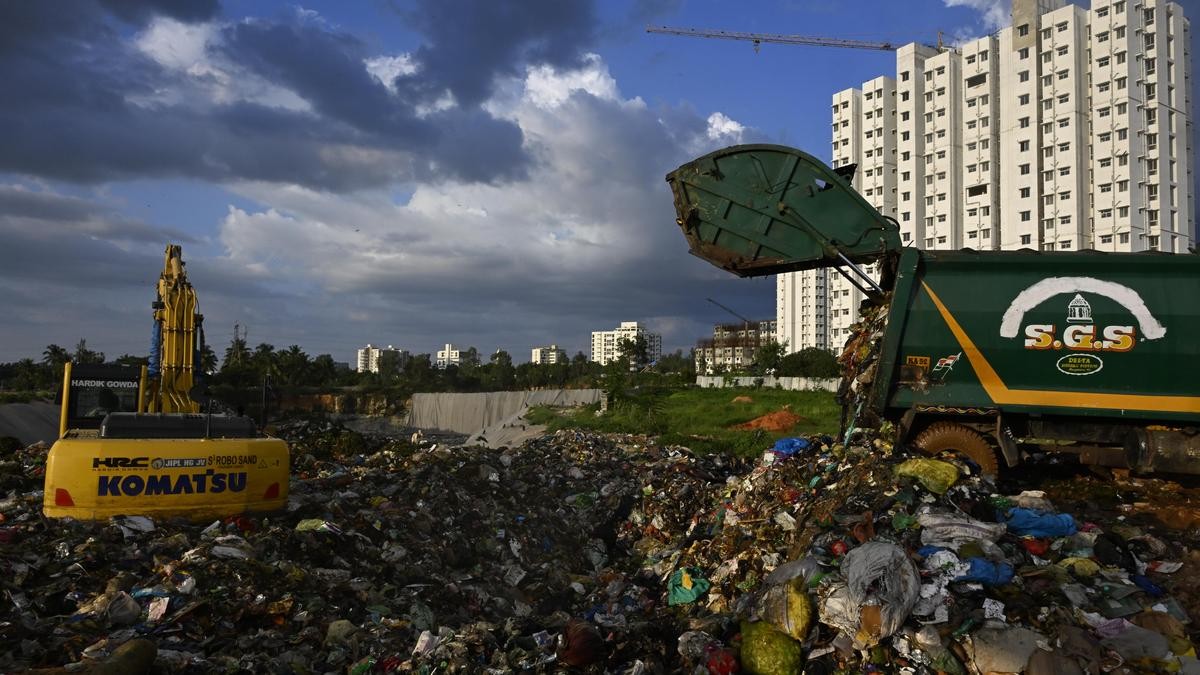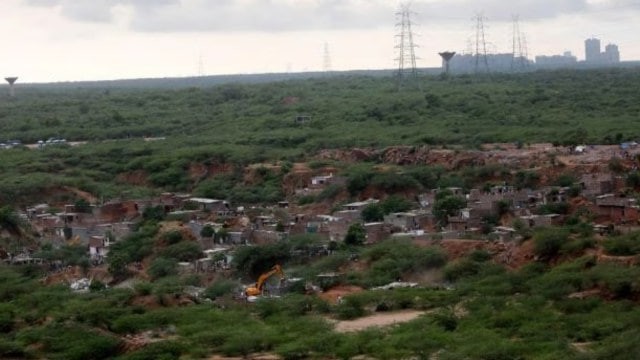




Copyright infringement not intended
Context: The Indian government has recently passed amendments to the Water Act, 1974, with the aim of streamlining processes, decriminalizing minor offences, and centralizing control over state pollution control boards (SPCBs).
Details
Key Highlights of the Water (Prevention and Control of Pollution) Amendment Act 2024
|
Aspect |
Details |
|
Applicability of the Amendment |
●Initially, the amendment will apply to Himachal Pradesh, Rajasthan, and the union territories. Other states have the option to extend its applicability by passing resolutions. |
|
Consent Exemptions for Industries |
●Prior consent from State Pollution Control Boards (SPCB) is required for industries discharging sewage. ●The amendment allows the central government, in consultation with the Central Pollution Control Board (CPCB), to exempt certain industries from this consent requirement. |
|
Chairman of State Board |
●The amendment grants the central government the authority to prescribe the nomination process, terms, and conditions of service for the chairman of an SPCB. |
|
Discharge of Polluting Matter |
●SPCB can issue directions to restrain activities causing the discharge of noxious matter. ●The amendment removes imprisonment for violations, imposing penalties between Rs 10,000 and Rs 15 lakh instead. |
|
Penalty for Other Offenses |
●The amendment replaces imprisonment for offences with penalties ranging from Rs 10,000 to Rs 15 lakh. ●Failure to pay penalties may result in imprisonment of up to three years or a fine up to twice the penalty amount. |
|
Adjudicating Officer |
●The central government can appoint adjudication officers for penalty determination. ●Appeals can be made to the National Green Tribunal, depositing 10% of the imposed penalty. |
|
Cognizance of Offences |
●The amendment expands the entities that can initiate legal proceedings to include the adjudicating officer, not just the CPCB or SPCB. |
|
Offences by Government Departments |
●Heads of departments are deemed guilty if government departments violate the Act. ●Penalties for departmental violations include an amount equal to one month's basic salary for the department head. |
Key Difference between the Water (Prevention and Control of Pollution) Act 1974 and the Water (Prevention and Control of Pollution) Amendment Bill 2024
|
Aspect |
Original Act (1974) |
Amendment Bill (2024) |
Impact |
|
Scope |
Applies to all states and UTs |
Initially applied to Himachal Pradesh, Rajasthan, and UTs. Other states can opt in. |
Limited initial application, the potential for wider reach. |
|
Consent for Industries |
Mandatory for SPCB to establish industries discharging sewage |
Central government can exempt certain categories from consent. Central guidelines for consent processes. |
Reduced burden for some industries, potential for lax oversight. |
|
Chairman of SPCB |
Nominated by state government |
Central government prescribes nomination and service terms. |
Increased central control over state boards. |
|
Discharge of Pollutants |
Imprisonment for violating standards |
Fine between Rs 10,000-15 lakh. |
Decriminalization, potentially weaker enforcement. |
|
Other Offences |
Imprisonment or fine up to Rs 10,000 |
Fine between Rs 10,000-15 lakh. |
Decriminalization for most offences. |
|
Penalty Determination |
By courts |
By central government appointed officers. |
Centralization of penalty decisions. |
|
Offence Cognizance |
By courts on complaint from CPCB, SPCB, or notified person |
Also on complaint from the adjudicating officer. |
Broader scope for initiating legal action. |
|
Government Offences |
Head of department liable with proof of due diligence |
Penalty equal to 1 month's salary for head of department. |
Stricter accountability for government departments. |
Conclusion
|
PRACTICE QUESTION Q. India is experiencing rapid groundwater depletion, with some regions overdrawing aquifers at alarming rates. What are the long-term consequences of this trend? How can India promote sustainable groundwater management practices and incentivize recharge programs? Should stricter regulations or market-based mechanisms be implemented? Answer Structure: ●Briefly explain the current situation of groundwater depletion in India, citing some relevant facts and figures. Mention the main causes and drivers of this trend, such as population growth, urbanization, climate change, agricultural demand, etc. Highlight the significance and urgency of addressing this issue for India's water security, food security, and environmental sustainability. ●Discuss the long-term consequences of groundwater depletion in India, covering the following aspects: ○How will groundwater depletion affect the livelihoods, health, and well-being of millions of people who depend on it for domestic, agricultural, and industrial use? What are the potential risks of conflicts and disputes over water resources among different users and regions? ○How will groundwater depletion impact the productivity and profitability of various sectors of the economy, especially agriculture, which accounts for about 80% of groundwater use in India? What are the direct and indirect costs of groundwater depletion for the national and state budgets, as well as for individual households and farmers? ○How will groundwater depletion affect the quality and quantity of surface water resources, such as rivers, lakes, wetlands, etc.? What are the implications of groundwater depletion for the ecological balance and biodiversity of various ecosystems? ●Summarize the main points and arguments made in the body. Provide some recommendations on how India can promote sustainable groundwater management practices and incentivize recharge programs. Discuss the pros and cons of different policy options, such as stricter regulations or market-based mechanisms. Emphasize the need for a holistic, participatory, and adaptive approach that involves multiple stakeholders and considers local contexts and conditions. |







© 2025 iasgyan. All right reserved